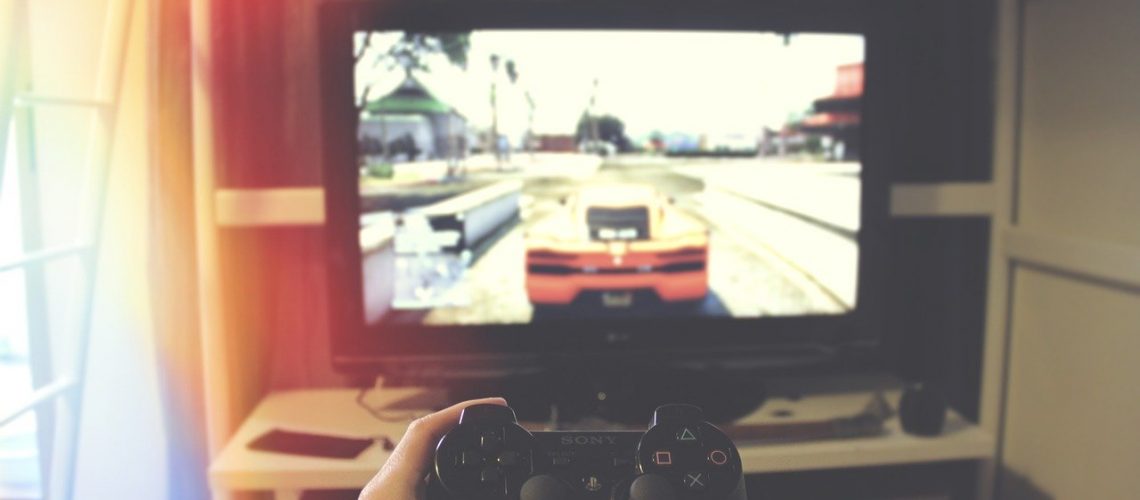In the world of gaming, a player has to keep in mind a long list of acronyms that are being used to keep track of who is saying what. It can be complex, and new ones are invented ever so often. But when it comes to games, you are also required to know some essential things that are crucial for a gamer. For instance, what is RNG when it comes to gaming?
Oh, you’ve heard it, but don’t know what it stands for? Don’t you worry, we’ve got you covered! RNG stands for Random Number Generator. It means that as a device or algorithm, it comes up with numbers by random chance. When you link this to gaming, it means that the events are not the same every time you play the game.
Simple enough? But it is not so simple for your computer which has trouble generating random numbers. Machines, by default, are created to follow commands and not act out randomly. It would be against its nature to pick out a number randomly.
What is RNG in gaming?
For some games, RNG can be what makes it more interesting. For example, it is the reason why you always meet unique Pokemon, why items in Mario Kart are different each time you pick them up, and why you randomly find super cool treasure and sometimes not in Diablo. Some games like Binding of Isaac or Minecraft wouldn’t even be possible without RNG.
Similarly, not every games neds the help of RNG. Music-based games like Dance Dane Revolution or Guitar Hero are a few examples. Other games like Rocket League and Mortal Kombat are devoid of randomness too.
By now, the importance of RNG in gaming is quite obvious – it helps us reach random values in order to progress through the game. Whenever you play a video game, the engine behind it runs the RNG software. The purpose of the software, in this case, is to calculate your and your opponent’s stats after an encounter or to create a plausible but random event in the game world. Essentially, the RNG in gaming defines the value of your actions against another player or an NPC character.
What is RNG manipulation?
There are two types of RNG’s being used by gamers. On the most basic level, there’s a difference between the hardware random-number generators (HRNG) or pseudo-random number generators (PRNG). HRNG is also called the true RNG because it generates actual random numbers by using physical phenomena for each new turn. PRNG, on the other hand, is called pseudo-random number generators.
PRNG determines the randomness of the next number by a certain mathematical function; it is possible to determine the next number in the row by knowing the said function and using the pseudo number.
To this day, the best example of RNG manipulation is the rigging of the US Hot Lotto state lottery in 2010. The then-director of MUSL Eddie Raymond Tipton used his position to gain access to the RNG device that was used for lottery drawings. Tipton installed a “rootkit,” which is a small malware program that could read the seed number and then program all numbers that came after the first one. Needless to say, Tipton was arrested and convicted for tampering with the device.
So, is RNG good or bad? Why is it criticized?
Most people consider RNG to be good for gaming since it keeps the games unpredictable and fresh. Random number generators are a crucial part of the gameplay in many modern puzzle games, card games, and RPGs, and they’ve been used to good effect in some action and multiplayer games. It can be a good influence for games such as Minecraft and Diablo, where the world may turn out regular to those of all other games, and every item in the cart would be identical.
Many gamers do feel that RNG can undermine skills. It can be an annoying complaint to hear, but it’s only annoying because some competitive games, like Smash Bros, lead a double-life as casual party games. Games made for the esports community might place a heavy emphasis on skill-based mechanics for this reason.

